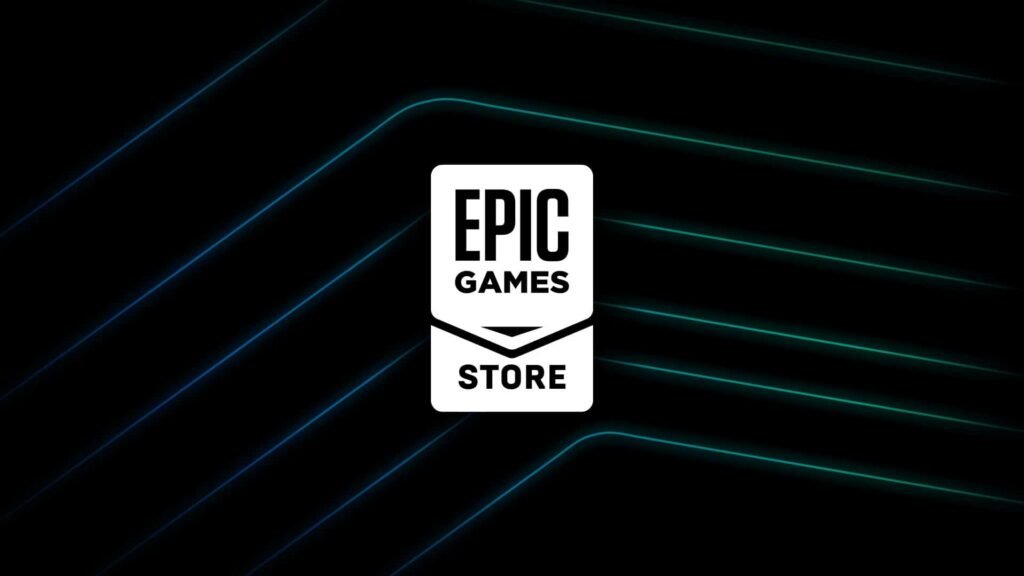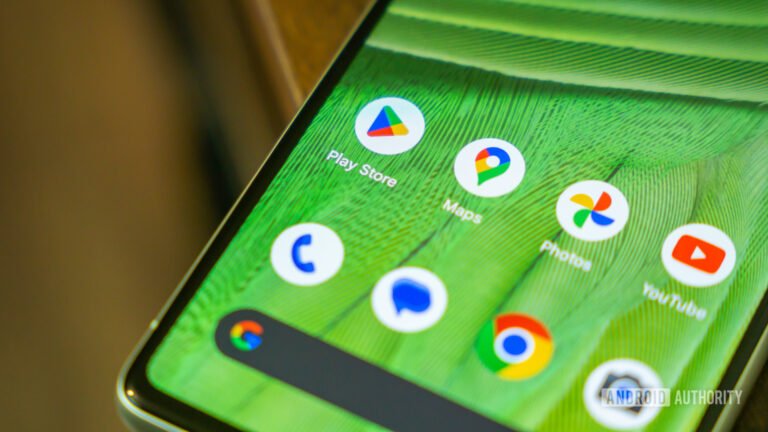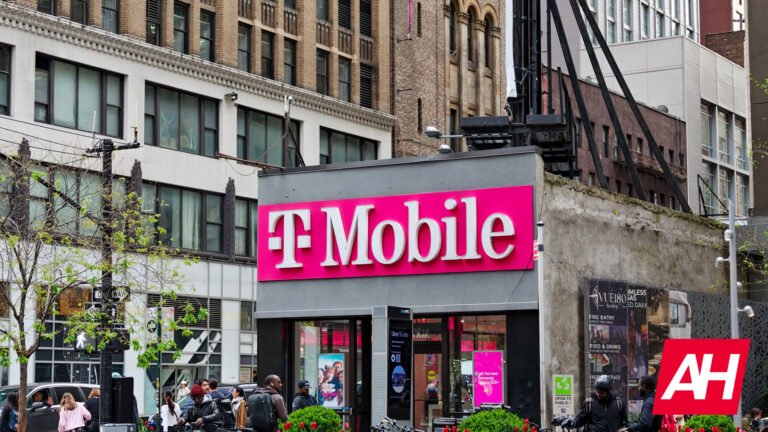

After years of legal battles, Epic Games has won a resounding victory against Google. The ruling could dramatically reshape the landscape of Android app distribution. The Ninth Circuit Court of Appeals has upheld a 2023 jury verdict that found Google guilty of maintaining an “illegal monopoly” through its Play Store and billing practices on Android. This decision is a massive blow to Google’s current app store model and a potential game-changer for developers and users alike. A direct consequence could be the arrival of the Epic Games Store—and others—to Google’s Play Store.
Epic Games Store could arrive to Google Play Store after test ruling
Epic Games CEO Tim Sweeney spent no time declaring it a “total victory” for his company. This verdict should allow the Epic Games Store to be directly available via the Google Play Store. This removes the need for users to “sideload” the app. This is a crucial shift, as it means Epic’s game-focused app store can now reach a much wider audience more easily.
Google, predictably, isn’t backing down. As reported by The Verge, the tech giant will appeal this decision yet again, taking the case all the way to the US Supreme Court. Google argues that the ruling will “significantly harm user safety, limit choice, and undermine the innovation that has always been central to the Android ecosystem.” However, the court’s opinion points out that Google’s own experts admitted they could manage the technical challenges. They just should treat third-party app stores similarly to other software already on the Play Store.
Google might have to make major changes quickly
Crucially, the appeals court also appears to have lifted a previous pause on a permanent injunction. This means Google might have to start opening up Android to rival app stores sooner rather than later. This is even considering its pending appeal to the Supreme Court. This injunction could force Google to allow rival app stores to be available within Google Play, grant them access to Google Play’s app catalog, and even remove the requirement for apps to use Google Play Billing for in-app purchases.
These changes would go far beyond just Epic’s Fortnite. They could fundamentally model the distribution and monetization of apps on Android for at least three years.
Better luck than against Apple
This case stands in contrast to Epic’s lawsuit against Apple, where Epic largely lost. The courts recognized that while Google and Apple might compete for overall mobile gaming, they don’t compete in the specific markets of “Android-only app distribution” and “in-app billing“—the two areas where Google was found to hold an illegal monopoly.
This ruling marks a pivotal moment. We could be facing a new era regarding app stores and billing practices on Android. Developers could gain more freedom, and users could see more choice in how they get and pay for their apps. The final chapter of this legal saga is yet to be written, but the immediate impact could be important.
The post Epic Games Triumphs Over Google: Ruling Opens Android App Store appeared first on Android Headlines.


